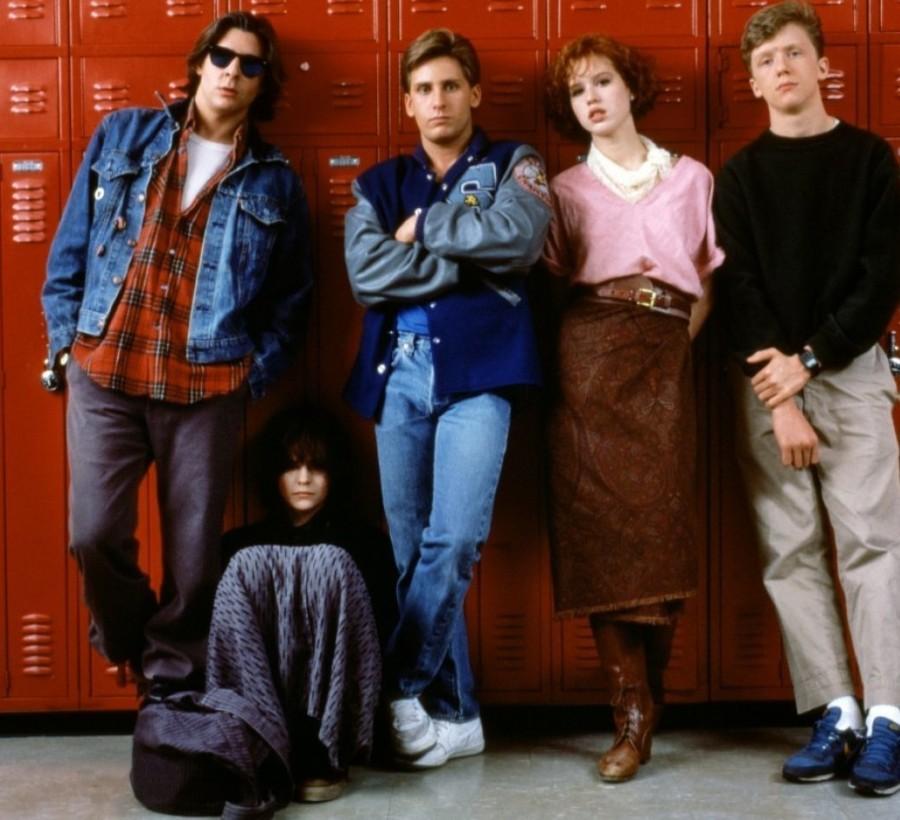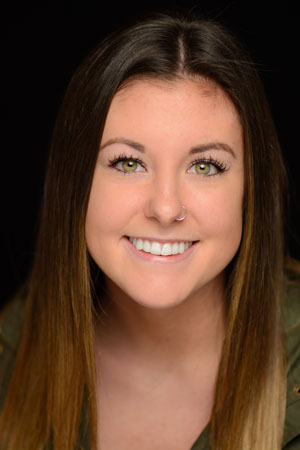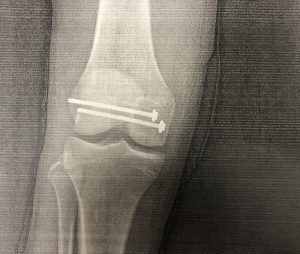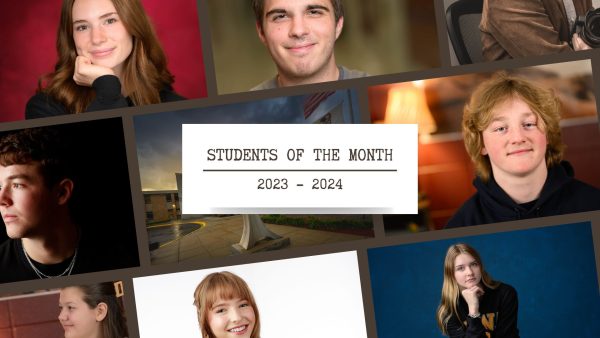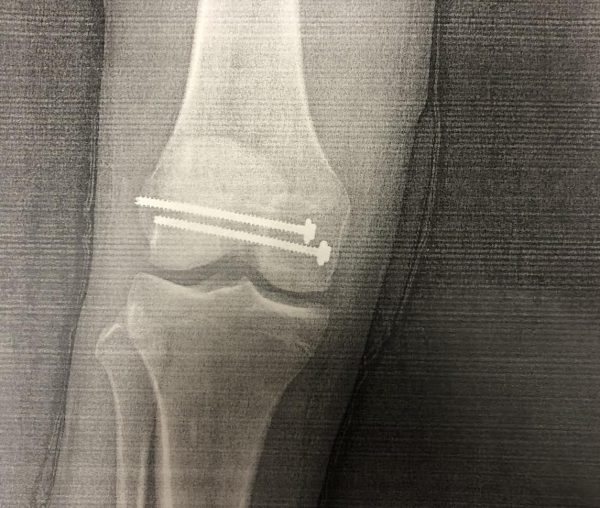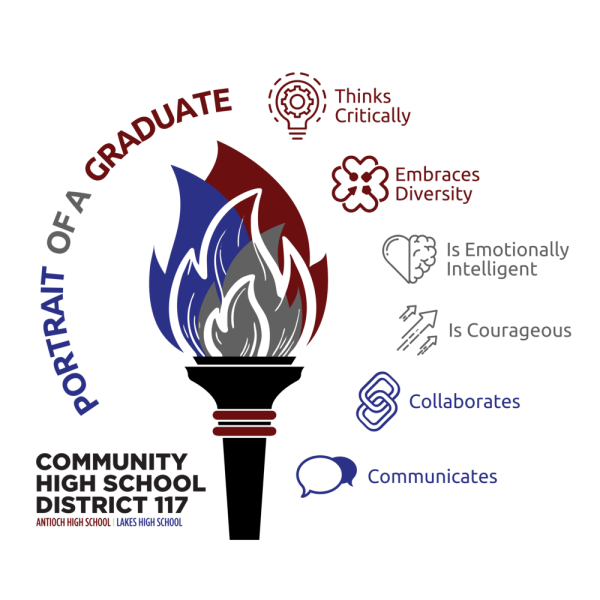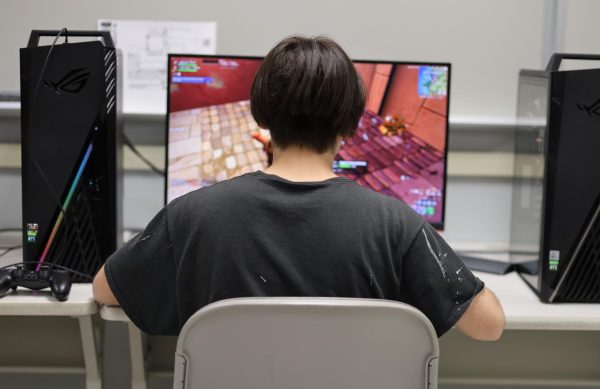How Prevalent Are High School Stereotypes Today?
Be yourself, no matter where you fit in.
November 3, 2014
Jock, geek, cheerleader and prep are just some of the words that are used to describe high school students across the country. These groups are used to stereotype students into what others think they fit into.
These stereotypes are seen on screen, in novels, in the news, on social media and even in real life. Are these stereotyping groups necessarily offensive, or do they help young people fit in and feel accepted among people they can relate to?
Unlike the common stereotypical high school movie, a majority of students interviewed at ACHS said that they didn’t feel as though they would fit into one specific group.
“I don’t think I would put myself into a group because I do a lot of different things. I’m in clubs and I am also a cheerleader,” said ACHS junior Andi Leineberg.
Many clubs, groups and sports were created to help students feel more accepted and involved in schools, as well as have a wide range of interests and friends. Leineberg thinks that high school stereotypes are better today than they were in the past.
“I think it’s better because now people spread themselves out instead of being in one group,” said Leineberg.
Movies such as “Mean Girls” and “The Breakfast Club,” and almost any other movie set in a high school, emphasize the expectation for high school to be organized in specific groups like jocks, geeks and preps.
In most cases, the “outcast” in these films is the person who has characteristics that would allow he or she to fit into more than one group, but in reality, those are the kind of people are most involved, more outgoing and are in most cases, more successful. Kids are taught now more than ever to be original and surround themselves with those who make them happy, and media, novels and films are starting to adjust to this new standard of society.
Celebrity Eva Mendez said, “People are incapable of stereotyping you; you stereotype yourself because you’re the one who accepts roles that put you in this rut or in this stereotype.”
Whether it’s the jock, the prom queen, the loner, the nerd or the basket case, stereotypes are everywhere. No matter where it is that someone fits in, it is essential that it is somewhere that keeps them healthy and happy. A name does not define who a person is. Don’t succumb to society and the stereotypes within it.

